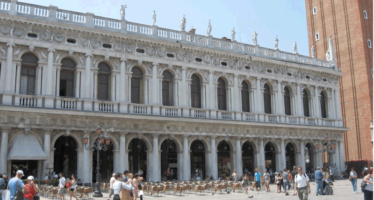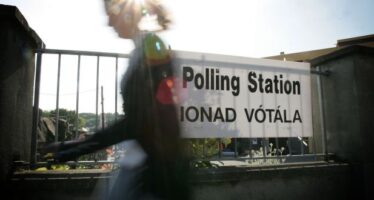Related Articles
GIVE PEACE A CHANCE
![]()
A balance of where Kurds, Basques and Irish are, 5 years after the Venice International Peace Conference
Modernità capitalista e la questione kurda: intervento di Toni Negri
![]()
 In search of the Commonwealth
In search of the Commonwealth
Antonio Negri
1. Empire and Multitude raised many problems and questions: it was pointless to define these again in Commonwealth, and of no use to try to solve them. Rather, it was better to begin anew and, on the basis of the concepts we had developed, dwell on the question of what the political is today. What is subversive politics? What partage of the social does it involve? How can capital be fought today? By moving on from the debates around those books, we are convinced we can confront the unsolved problems with renewed strength. But after ten years of work on Empire and Multitude, when sat down to write Commonwealth, our convictions had strengthened and our perceptions matured: contemporaneity had been re-defined, and the time when the prefix post- could define the present was over. We had certainly experienced a transition, but what were the symptoms of its end?
In particular, our impression was that the concept of democracy was being re-evaluated. During the War on Terror, this concept had been worn out by the frenzied propaganda of the neo-conservatives, and political science had witnessed the emergence of issues that could no longer be comprehended with the concept of democracy. To simplify, we refer to what Rosavallon tries to grasp and qualify in his latest book (La contre-démocratie. La politique à l’âge de la défiance), when he states: ‘the republic and the comportments of modern populations have left something profound behind that cannot be found again, something obscure that can no longer be explained’. In this way Rosavallon tries to define sentiments of mistrust and impotence, those figures of de-politicisation that arise out of contemporary democracy. And almost against his own wishes, he adds that ‘political democracy’ has become the name for the consolidation of a ‘mixed regime’ that includes counter-democracy, a ‘democracy of exception’.Irish election called for February 26th
![]()
The 26 County President, Michael D Higgins, has dissolved parliament at the request of Taoiseach Enda Kenny, who has called a general election




